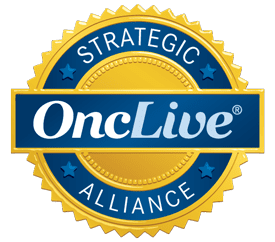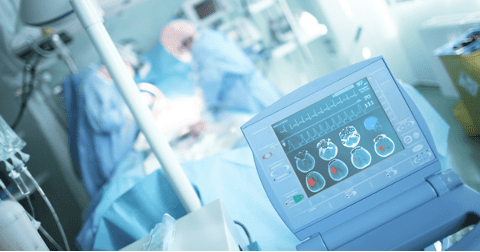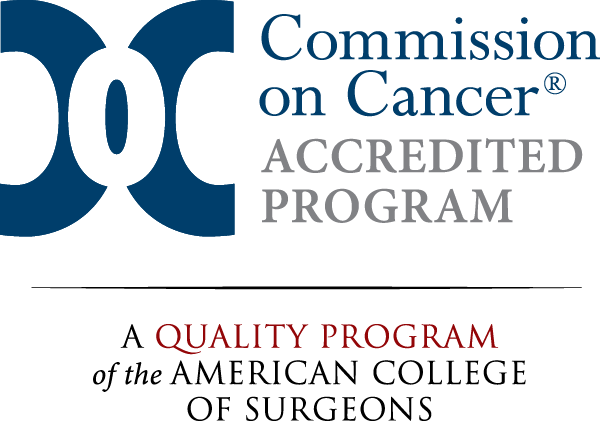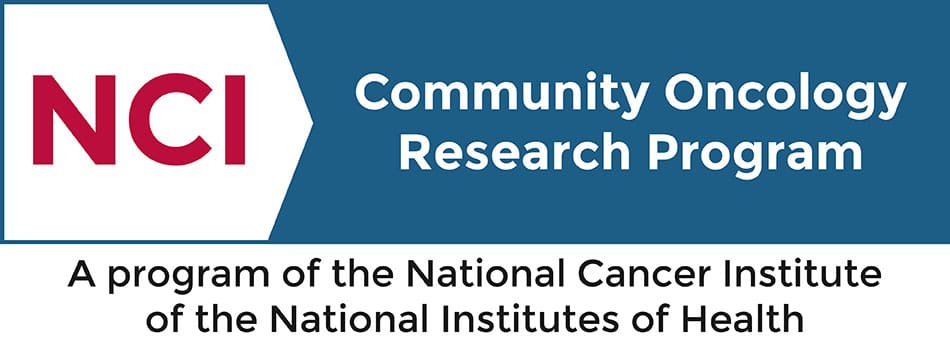Technological Advancements in Neurosurgical Oncology with Dr. Navid Redjal
Technological advancements in neuroscience have changed the way surgeons perform procedures, saving more lives than ever. You may have heard about neuro-navigation, artificial intelligence in surgery, technology like the CyberKnife, and the astounding methods surgeons are using today, but you may not realize that this technology may be available near you.
For a glimpse into these advancements, we sat down with Dr. Navid Redjal, director of Neurosurgical Oncology at Capital Health, a Harvard-trained neurosurgeon with extensive research and clinical background in neuro-oncology. He gave us a firsthand look into how neurosurgeons operate today, what a patient might go through, and helped us better understand some of the advanced technology.
Would you say these advancements took place within the last 10-15 years?
I think a lot of it coincided with advancements in our computer processing speed and our ability to store data on little, tiny chips. As we’ve had this kind of amazing technological advancement in our world, there have been many advancements in neurosurgery too. Just like your iPhone has a 48-megapixel camera, it’s the same thing in terms of our ability to detect specific neuropathologies on imaging. And the same with processing. Ten years ago, the processing speed wasn’t there. But now, especially for something like the CyberKnife, the robot makes a change on the fly based on the tiny changes in the position of the patient’s face, and it’s more accurate and precise.
So, again, over the last 10-15 years, as you’ve seen the technology advance, as is exemplified by the cutting-edge phones we have today, it’s improved the technology we use to treat patients also, which continues to get better and better.
How can surgeons rely on neuro-navigation in unique situations?
I believe neuro-navigation in this day and age should be used for every single type of brain tumor surgery or complex neurosurgery case. An analogy I like to give is, these days, you’re going somewhere new, and you’re always using Google Maps or Apple Maps, and it’s second nature, especially for our generation and younger, to use this because it will guide you to the most direct path which can minimize potential obstacles. Today, neuro-navigation should be used for all brain tumor surgery for patients in order to help guide us to minimally invasive approaches to maximize patients’ functional outcomes by reducing disruption to normal brain function.
Specifically, there have been certain advancements in neuro-navigation that your surgical tool or your microscope can be used with neuro-navigation. A couple years ago, that wasn’t even possible. For instance, your drill can be navigated, so you know exactly where the instrument is positioned in 3D space during surgery. We can even navigate the neuroendoscope which allows us to perform minimally invasive surgery and track the tool real-time within the brain.
What is discussed in a patient consultation for neurosurgery?
Patients who come in, let’s say a new patient with a brain tumor, will fall into one of two categories. One being a benign brain tumor and the second is a malignant brain tumor, brain cancer.
Benign brain tumors like meningiomas are very commonly found as an incidental finding and on a brain imaging scan, and usually when it’s initially discovered, we usually plan to just follow it and monitor it. If it grows or causes swelling or symptoms, then we would discuss surgery or radiosurgery (i.e. using the CyberKnife).
For malignant brain tumors (brain cancer), we use a multidisciplinary approach which includes expert neurosurgery, radiation oncology, and medical oncology. Brain cancer can come from elsewhere where it’s considered metastatic cancer to the brain, for instance, lung cancer or breast cancer can go to the brain. Or you can have a primary brain tumor that starts in the brain, such as the most common and aggressive brain cancer like glioblastoma multiforme.
Surgery plays a role, radiation plays a role, and potential medical treatment, chemotherapy, or targeted therapies play a role. In those situations, here at Capital, we try to have one multidisciplinary visit with the experts so that the patient can discuss the best treatment plan, which might include surgery, radiation, and/or medical treatment.
For a patient diagnosed with an aggressive brain cancer, it’s important to have good supportive care services. In our Cancer Center, we have extensive support staff — a financial navigator, a social worker, patient care service, a nutritionist. It’s really important to include the whole team to provide the best possible outcome for these treatments and for the highest patient quality of life.
How frequently are neurosurgeons utilizing AI compared to traditional techniques?
In current neuro-navigation and robotic radiosurgery (such as the Cyberknife), AI-based algorithms usually run in the background to help make real-time modifications to treatment during surgery or radiosurgery and help in complex treatment planning. Previously in neurosurgery without neuro-navigation, old school traditional techniques (such as measuring with a ruler) to plan a surgery were used. If hospitals are still using these older techniques which are outdated, this could potentially lead to less precise surgery and potentially worse outcomes. I think in this day and age, the standard of care should be that technology should be integrated in surgery, especially for complex neurosurgical cases. Unfortunately, not all hospitals and centers are making the investment into the technology and patients aren’t receiving the best care.
At Capital Health, patients are treated using the newest technologies, such as stereotactic radiosurgery with the CyberKnife, and neuro-navigation, including microscope integration with neuromonitoring during surgery. They are provided with a network of experienced physicians specializing in specific cancers, who are trained in the most complex oncology issues. To learn more or to schedule an appointment, click here or call 609-537-6363.
Click here to read Part 2.



